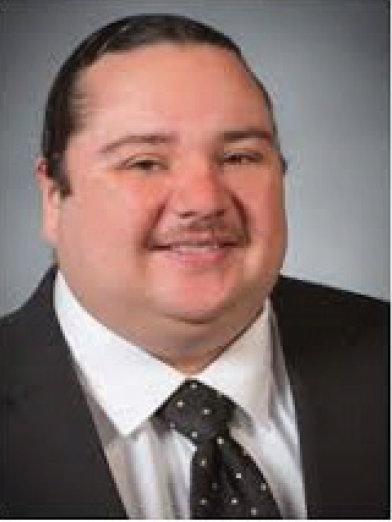
Evan J. Pineda, NASA Glenn Research Center, Ohio
Seminar Date: Tuesday, September 3, 2019
Time: 11: 00 a.m-12:00 p.m.
Location: 301 MEOB
Abstract
Composite materials are used as structural materials in a wide variety of industries and applications. Typical design utilizes simple failure criteria and large factors of safety which can result in over designing components. In order to reduce the factors of safety used in the design of composite structures, accurate predictions of the non-linear response of the composite must be considered. However, truly predictive models require a clear understanding of the underlying physics behind the nonlinear behavior of the composite, a mathematical description of the physics, and experimental methods for characterizing the model. Much of the phenomena observed at the macro-scale is a result of the microstructure of the composite. Therefore, multiscale modeling is a useful technique for incorporate subscale and effects material non-linearity into a macroscale model. In this presentation, three categories of multiscale models will be described and demonstrated.
Bio
Dr. Pineda is an Aerospace Research Engineer in the Multiscale and Multiphysics Modeling Branch, Materials and Structures Division at the NASA Glenn Research Center (GRC). Within NASA GRC’s recognized Multiscale Analysis Center of Excellence (MACE), his research is focused on multiscale modeling of advanced composite and heterogeneous materials for use in structural applications. He was a developer for the ImMAC suite of multiscale analysis tools which include the MAC/GMC and FEAMAC software packages. In addition he formulated and developed the Enhanced Schapery Theory (EST) progressive damage and failure analysis tool. He is currently the lead developer and designer of a new state-of-the art multiscale platform: NASA multiscale analysis tool (NASMAT) as part of NASA’s Transformational Tools and Technologies (TTT) program. For NASA’s Space Launch System (ALA) program, focused on development of a new class of heavy lift launch vehicles for low earth orbit exploration, missions to the moon, Mars and beyond, Dr. Pineda supports the damage tolerance and fracture control efforts for the Universal Stage Adapter (USA) and Payload Fairing (PLF). Dr Pineda’s other research interests include Integrated Computational Materials Engineering (ICME), nano-enhanced composites, ceramic matrix composites, lightning strike protection, composite processing, and additive manufacturing. Dr. Pineda has authored, or co-authored, over 150 technical publications, including 30 journal papers, and one book chapter. Dr. Pineda was recently awarded the Presidential Award for Early Career Scientists and Engineers (PECASE).
Back to Events page

